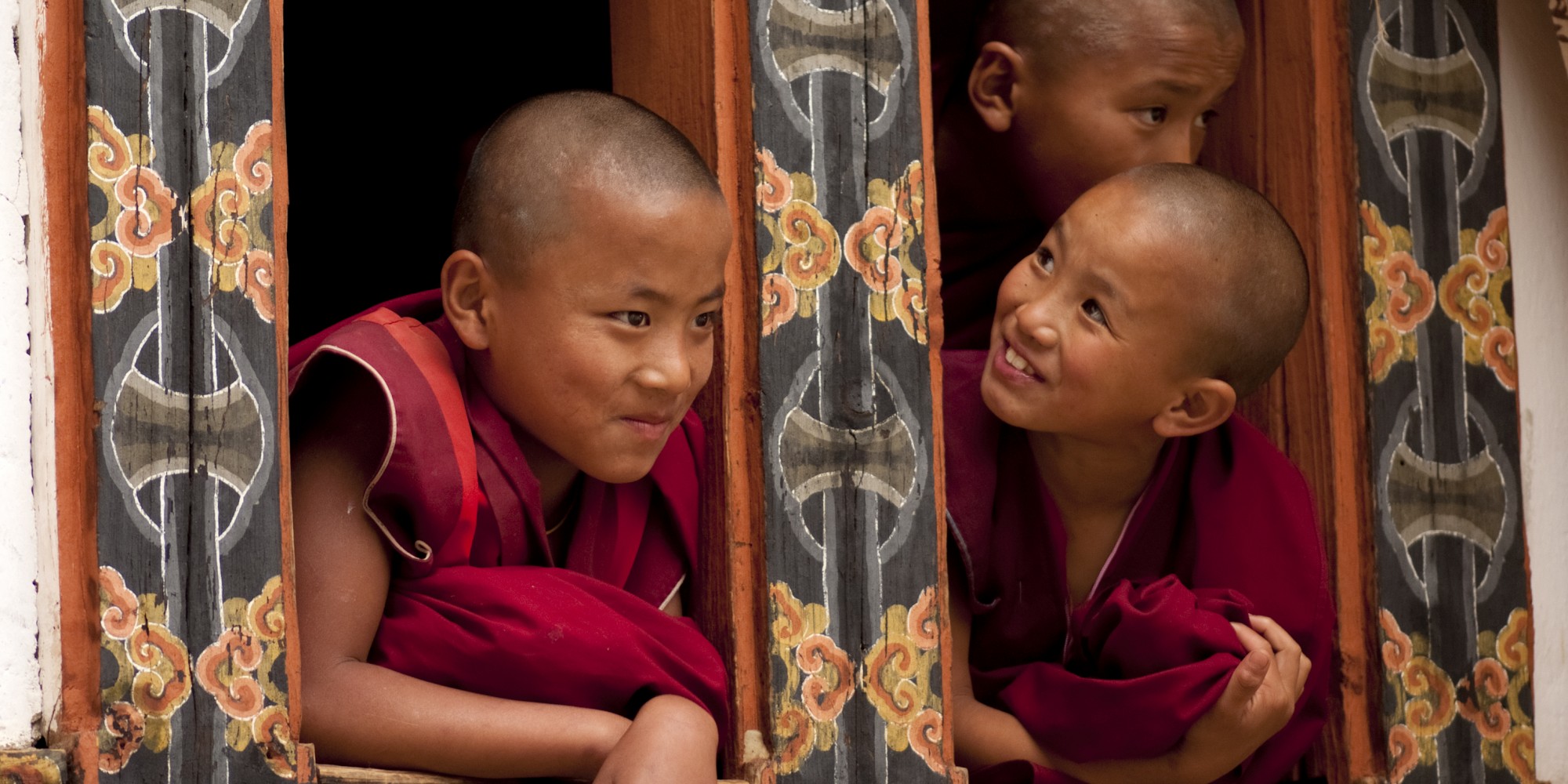
Bhutan as a country stands out as a nation devoted to the well-being of its citizens, visitors and environment alike. In 1972, inspired by age-old wisdom, the forth King of Bhutan, Jigme Singye Wangchuck, introduced the country’s Gross National Happiness (GNH) philosophy. The objective to build an economy that serve Bhutan’s people and culture based on Buddhist spiritual values, instead of the western world’s fixation with gross domestic product (GDP)
The U.N. General Assembly even passed a resolution in 2011, encouraging other countries to measure their citizens’ happiness to help guide public policies in favor of good governance. In more recently times, the Organization for Economic Cooperation and Development (OECD) created guidelines for nations who wish to measure their own well-being.
The well-renowned four pillars of Bhutan’s Gross National Happiness are:
Accompanied by their so-called nine domains:
1. Living
standards
2. Education
3. Healthy
Lifestyle
4. Environment
5. Community
Vitality
6. Time-use
7. Psychological
well-being
8. Good Governance
9. Cultural resilience &
promotion
For good reason Bhutan is continuously ranked the happiest country in Asia.
